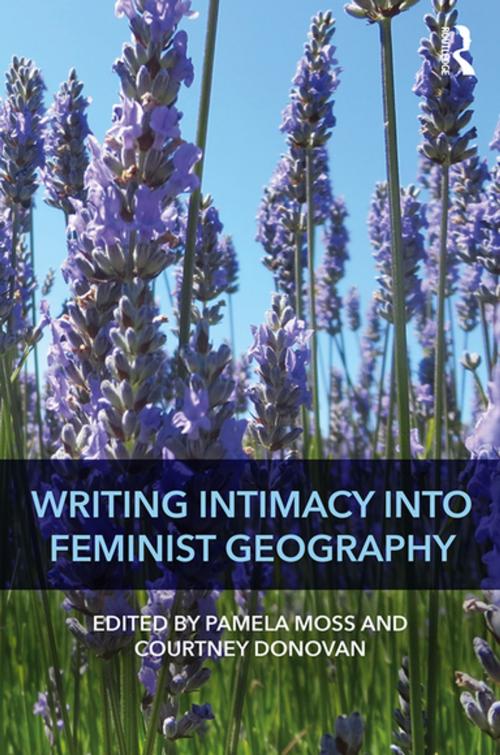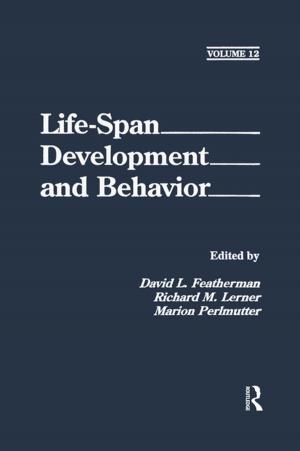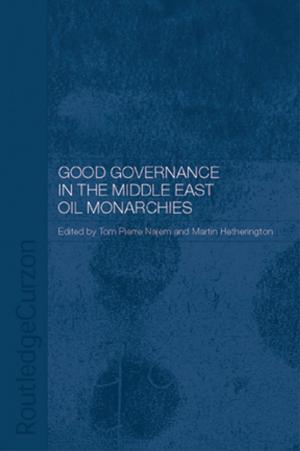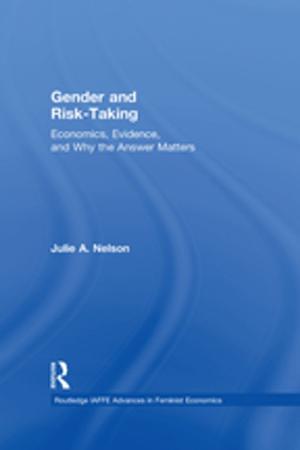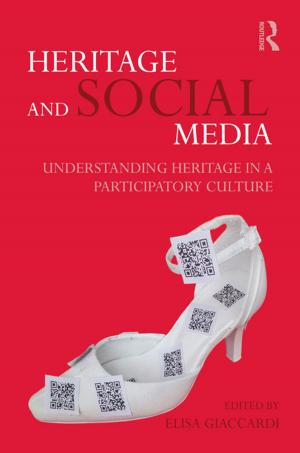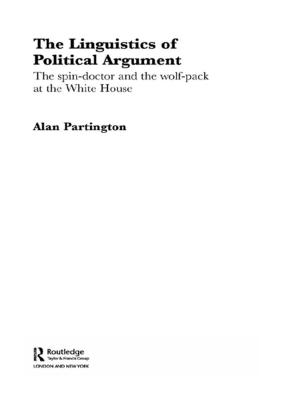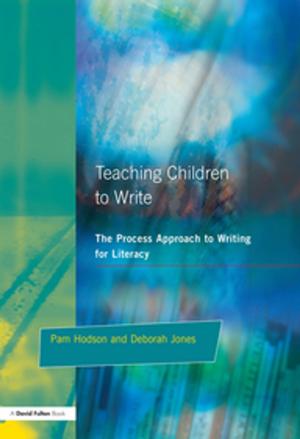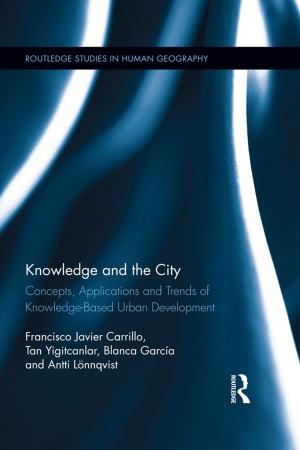Writing Intimacy into Feminist Geography
Nonfiction, Social & Cultural Studies, Social Science, Human Geography| Author: | ISBN: | 9781134787319 | |
| Publisher: | Taylor and Francis | Publication: | February 24, 2017 |
| Imprint: | Routledge | Language: | English |
| Author: | |
| ISBN: | 9781134787319 |
| Publisher: | Taylor and Francis |
| Publication: | February 24, 2017 |
| Imprint: | Routledge |
| Language: | English |
Intimacy, expressed through the feelings and sensations of the researcher, is bound up in the work of a feminist geographer. Tapping into this intimacy and including it in academic writing facilitates a grasping of the effects of power in particular places and initiates a discussion about how to access and tease out what constitutes the intimate both ethically and politically throughout the research process.
This collection provides valuable reflections about intimacy in the research process - from encounters in the field, through data analysis, to the various pieces of written work. A global and heterogeneous pool of scholars and researchers introduce personal ways of writing intimacy into feminist geography. As authors expand existing conceptualizations of intimacy and include their own stories, chapters explore the methodological challenges of using intimacy in research as an approach, a topic and a site of interaction.
The book is valuable reading for students and researchers of Geography, as well as anyone interested in the ethics and practicalities of feminist, critical and emotional research methodologies.
Intimacy, expressed through the feelings and sensations of the researcher, is bound up in the work of a feminist geographer. Tapping into this intimacy and including it in academic writing facilitates a grasping of the effects of power in particular places and initiates a discussion about how to access and tease out what constitutes the intimate both ethically and politically throughout the research process.
This collection provides valuable reflections about intimacy in the research process - from encounters in the field, through data analysis, to the various pieces of written work. A global and heterogeneous pool of scholars and researchers introduce personal ways of writing intimacy into feminist geography. As authors expand existing conceptualizations of intimacy and include their own stories, chapters explore the methodological challenges of using intimacy in research as an approach, a topic and a site of interaction.
The book is valuable reading for students and researchers of Geography, as well as anyone interested in the ethics and practicalities of feminist, critical and emotional research methodologies.
